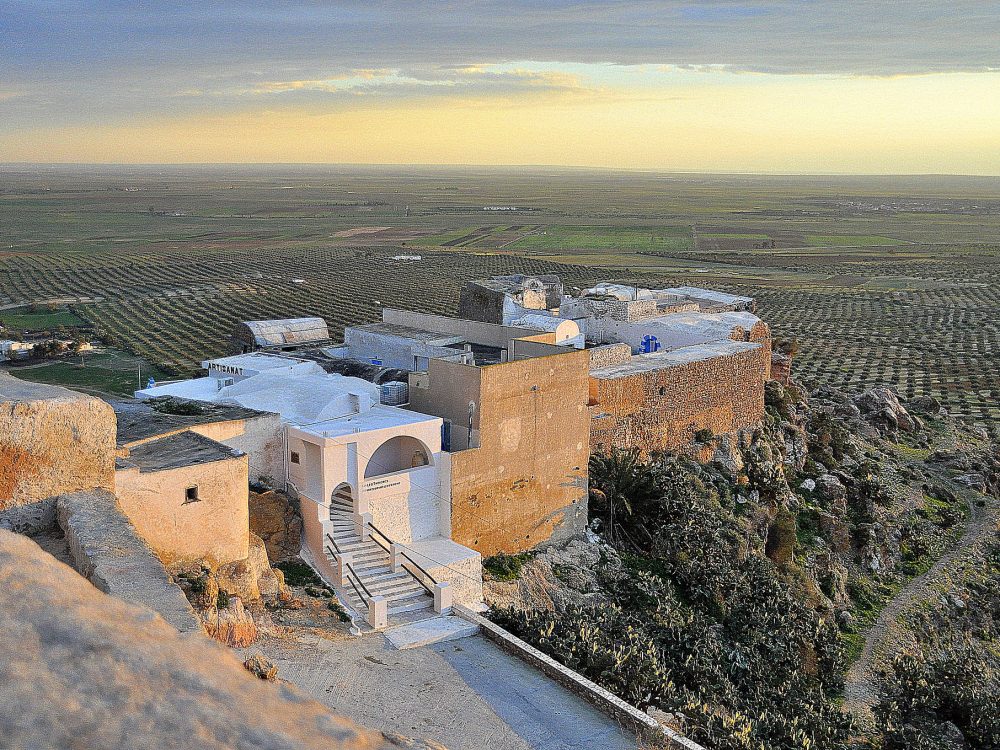Getting the Word Out // La PGA: Comment faire passer le mot
Today, the 2016 Aid Management Program (AMP) Good Practice Workshop kicks off in Dakar, Senegal. This marks the eighth year DG has co-hosted the workshop, celebrating 27 countries around the world that use aid information to better inform policy, improve planning, and promote aid coordination.
Continuing the tradition of sharing best practices and lessons learned – and in meeting the challenges of the (open) data revolution – this year’s theme is all about Getting the Word Out. Our partner governments manage a treasure trove of development information. As an AMP community, we need to do more than share this data – we need to proactively communicate why this information matters, to help stimulate more demand and foster a culture of data use.
We will begin the workshop with an exciting milestone – the launch of the Government of Senegal’s AMP Public Portal, Plateforme de Gestion des Financements Extérieurs du Sénégal (PGFE). This marks the culmination of months of investment in geocoded data and improvements to data quality by the Government of Senegal’s Directorate for Economic and Financial Cooperation.
Bringing together 35 government officials from 11 countries, the two-day workshop will include “deep dives” on how to communicate the power of AMP data for asking and answering important development questions. Leaders from Cote d’Ivoire, Ethiopia, Malawi, Nepal, and the Philippines will lead sessions aimed at identifying practical strategies for raising the profile of AMP across government ministries; incentivizing data use; and coordinating national and subnational planning processes. Country delegations will also have the opportunity to create an outreach plan and communications tool to bring back to their governments, helping communicate the value of AMP data for the 2030 Agenda.
DG looks forward to welcoming workshop participants in Dakar and facilitating continued collaboration across AMP countries. Stay tuned after the workshop, when we will share what we learned from the experiences of these on-the-ground users of AMP data.
Aujourd’hui, l’atelier de bonnes pratiques du Programme de Gestion de l’Aide (PGA) de 2016 commence à Dakar, Sénégal. C’est la huitième année que DG co-organise l’atelier, célébrant ainsi les 27 pays à travers le monde qui utilisent l’information sur l’aide pour mieux informer leurs politiques, améliorer leur planification et promouvoir la coordination de l’aide en général.
L’Atelier de cette année se concentrera sur La PGA: Comment faire passer le mot et s’inscrira dans la tradition de partage des meilleures pratiques et des leçons apprises. Nos gouvernements partenaires gèrent un trésor d’information sur le développement et nous travaillerons sur comment utiliser ce trésor pour relever les défis de la révolution des données (ouvertes). En tant que communauté PGA, nous devons faire plus que partager ces données — nous devons communiquer de manière proactive sur l’importance de cette information, stimuler davantage la demande et favoriser une culture d’utilisation de données.
Nous commencerons l’atelier avec une évènement clé: le lancement du Portail Public du Gouvernement Sénégalais: Plateforme de Gestion des Financements Extérieurs du Sénégal (PGFE). Cela marque l’aboutissement de plusieurs mois d’investissement dans la collecte de données géocodées et d’amélioration de la qualité des données par la Direction de la Coopération Économique et Financière du Gouvernement du Sénégal.
En réunissant 35 fonctionnaires de 11 pays, l’atelier de deux jours comprendra des séances approfondies sur comment communiquer sur le pouvoir des données de la PGA pour répondre à des questions importantes du développement. Des dirigeants de la Côte d’Ivoire, de l’Éthiopie, du Malawi, du Népal et des Philippines mèneront des séances visant à identifier des stratégies pratiques pour améliorer le profil de la PGA au sein des ministères; promouvoir l’utilisation des données et coordonner les processus de planification nationaux et sous-nationaux. Les délégations de pays auront également la possibilité de créer un plan de sensibilisation et un outil de communication pour rapporter à leurs gouvernements. Ce plan de communication servira comme outil de communication sur la valeur des données de la PGA pour l’Agenda 2030.
DG attend avec impatience l’arrivée des participants à Dakar pour l’atelier afin de faciliter la collaboration continue entre les pays PGA. Restez attentifs après l’atelier car nous partagerons ce que nous avons appris de l’expérience d’utilisation des données PGA.
Image: Jeff Attaway CC-BY-2.0
Share This Post
Related from our library

How Useful Is AI for Development? Three Key Lessons
The development world is buzzing with excitement over the idea that new and emerging applications of AI can supercharge economic growth, accelerate climate change mitigation, reduce inequalities, and more. But what does this look like in real life?

The Future of Technology Governance and Global Development: Why DG Brought DataReady In-house
DG is excited to announce we now have more robust data governance advisory services with the recent integration of DataReady.

At a Glance | Tracking Climate Finance in Africa: Political and Technical Insights on Building Sustainable Digital Public Goods
In order to combat the effects of climate change, financing is needed to fund effective climate fighting strategies. Our white paper, “Tracking Climate Finance in Africa: Political and Technical Insights on Building Sustainable Digital Public Goods,” explores the importance of climate finance tracking, common barriers to establishing climate finance tracking systems, and five insights on developing climate finance tracking systems.